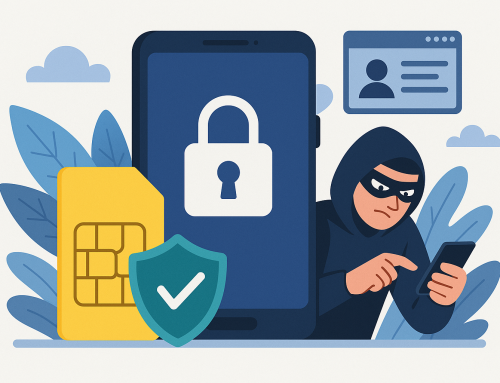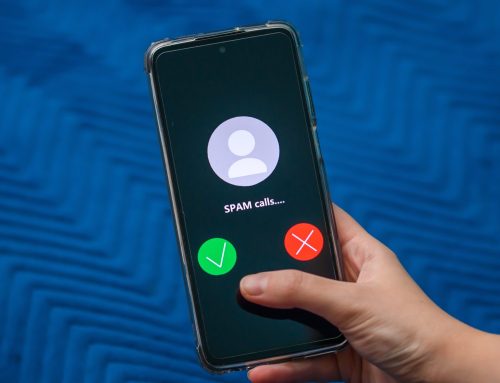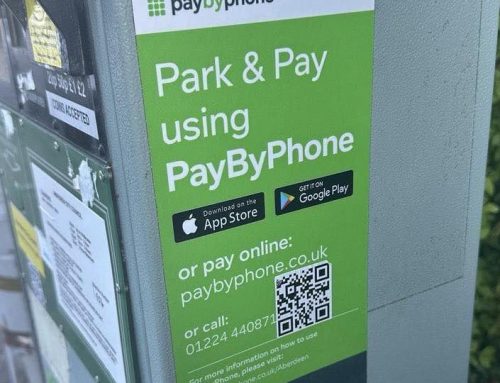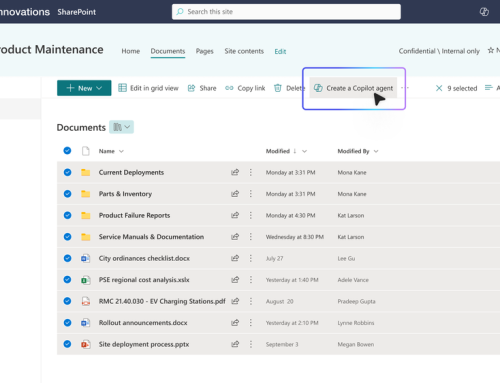Personal data is power. Decades ago, to steal data criminals would have to break in and take physical files or download data onto floppy disks or burn onto CD. Now our data is taken from social media profiles, emails, from hacking into organisations’ systems and data stores, and by intercepting data from our mobile devices.
Cybercriminals are getting smarter than ever. With machine learning, they can automatically guess security codes on credit and debit cards to commit online fraud. Ransomware, man-in-the-middle and social engineering attacks are evolving.
Businesses are under attack too. As attacks evolve and digital transformation becomes embedded into our organisations, more companies than ever have been hit with a cyber attack. Many more could be victims without realising it. In a UK government cyber security survey, 74% of British businesses said that cyber security is now a high priority item for senior management. Smaller businesses are more vulnerable than larger ones, making them an easier, more viable target for cybercriminals.
Wider Social Impact Of Cyber Security
As we’ve seen from the Cambridge Analytica scandal – which may have affected the US 2016 presidential election and the EU referendum vote, social networks need to do more to protect consumers from third parties with malicious intent. Who we share data and information with, and what we share can have serious negative consequences; for society and ourselves. People are waking up to the inherent risks of the power of our connections, personal data, and security.
Younger generations, once in favour of convenience are now turning towards higher levels of security. According to IBM Security’s new “Future of Identity Study,” consumers want security over convenience and biometrics was ranked highly as the best way to protect sensitive accounts, devices and apps.
Many Millennials (those between the ages of 20 and 36) reuse passwords for multiple accounts, compared to older generations who take more care creating passwords, or use secure password management apps. However, 75% of Millennials are already using, or want to use, biometrics to secure their data and accounts.
Biometrics: The Future Is Now
Smartphone manufacturers were amongst the first to incorporate biometrics as a standard feature. Payment providers and companies in the payment and financial services space are going to be next. In Europe, a new regulation, known as PSD2 (the second Payment Services Directive) came into force on 13 January 2018.
Within PSD2 is Strong Customer Authentication (SCA), which won’t come into force until 14 September 2019, to give companies time to get ready. After that date, online and in-store transactions will need to be verified using two of three elements:
o Something only the customer knows, such as a card security code or 3D Secure password;
o Something the customer is carrying, such as a card, phone or app;
o And something unique to the customer, e.g. a fingerprint or iris scan.
In just over a year, everyone in Europe could be validating payments with biometrics. It won’t take long for this to catch on around the world, reducing fraud everywhere.
Biometrics, unlike PIN numbers, 3D Secure and three or four-digit security codes on the back of cards are impossible to crack, guess or clone. Biometrics are unique to every individual.
As the use of biometrics for daily activities such as shopping online becomes more widespread and accepted, using biometrics to protect the data your business processes and physical assets will become common too.
By adopting these systems and processes, it makes it harder for cyber criminals and malicious employees to access files, data, and sensitive information. From accessing offices, conferences, airport lounges to hotels and apps, with biometrics, we can be confident that only those who are approved can gain access to the systems and physical locations they’re allowed to use.
Theft – physical and digital – will be more difficult when biometrics are a normal part of modern life.
Get in touch if you would like to discuss how technology can protect your business and whether there are biometric solutions that you should be using. Our team are continually exploring new technology and solutions to see what benefits they offer our clients. For an informal chat about any of the subjects raised in this post call 0330 124 3599 or email sales@prodriveit.co.uk








